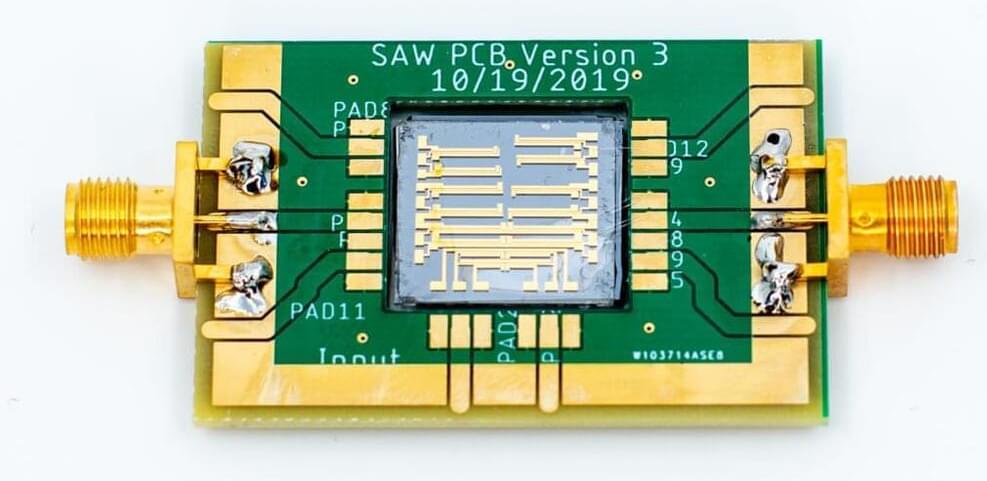A quasiparticle that forms in semiconductors can now be moved around at room temperature, a University of Michigan-led study has shown. The finding could cool down computers, enabling faster speeds and higher efficiencies, and potentially make LEDs and solar panels more efficient.
Today’s electronic devices rely on electrons to move both energy and information around, but about half of that energy is wasted as heat due to electrical resistance. Excitons, which escape traditional electrical losses, are one potential alternative.
“If you think of the past almost two decades, the computers have always been at two to three gigahertz—they never increase the speed. And that’s the reason. It just gets too hot,” said Parag Deotare, assistant professor of electrical engineering and computer science and corresponding author of the study.









Comments are closed.